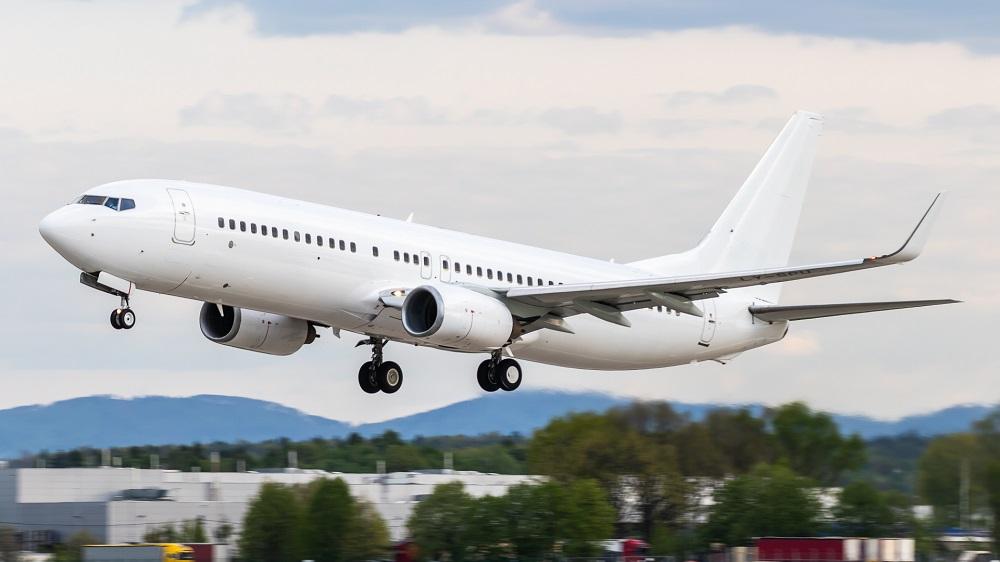
Wet lease operator and Avia Solutions Group subsidiary KlasJet has plans to expand its Boeing 737-800 fleet to 40 aircraft by 2028 following ACMI success in 2023. The Lithuanian ACMI outfit is looking to add seven 737-800s to its existing fleet amidst a backdrop of long lessor redelivery times and a shortage of available aircraft caused by Pratt & Whitney geared turbofan engine removals.
“Our target is to grow the KlasJet 737-800 ACMI fleet to 40 aircraft in five years,” explains KlasJet CEO Justinas Bulka. “The used aircraft market is dry at the moment, meaning that our growth next year might not be so rapid compared to this year, as it is difficult to find suitable aircraft. Currently, we are negotiating the lease of 3-4 aircraft, however, nobody can guarantee when these or other agreements might materialize.”
KlasJet has five 737-800s placed with operators, while one aircraft is partway through its delivery process and another is going through the registration process, so in total, seven 738s were delivered in one year. In 2024 it plans to induct five more 737-800s and then grow the fleet by 10 aircraft each year thereafter.
“This year has been challenging for both lessors and MRO providers,” says Bulka. “Insufficient manpower made it impossible to complete the necessary work scopes, and it was a bit problematic to define what to prioritize: line and base maintenance work or lease transitions.”
The insufficient number of new aircraft deliveries post-COVID is creating strong demand for short-term and medium-term wet lease agreements in Europe. During the European offseason, KlasJet has brokered deals with African operators to help mitigate against capacity shortfalls in the region.
“We do not only want to provide ACMI services in Europe but to offer them worldwide,” says Bulka. “We see big potential in North America and South America, plus the Arabian region.” He adds that KlasJet was recently granted a Canadian foreign air operator certificate. “We are negotiating Canadian ACMI agreements expected to start in winter 2024, because our existing fleet will be active in Europe for the summer season,” he says.
Uncertainty around geared turbofan engine removals associated with FAA emergency airworthiness directives related to high-pressure turbine disk inspections is also driving ACMI and 737NG demand.
Bulka says the acquisition or lease of suitable 737-800 passenger aircraft for ACMI operations is likely to remain a challenge for the next five years. Despite a decrease in demand for 737-800 feedstock for passenger-to-freighter conversions, many passenger operators are now extending lease terms to fill future deficits in capacity.




